About us

TSA full and associate members turn over £300m

TSA members employ thousands of survey professionals
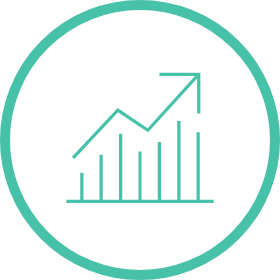
TSA has grown by 110% since 2006 despite the tough application process
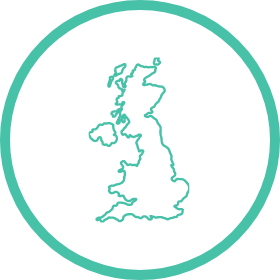
TSA members operate all over the UK

Formed in 1979
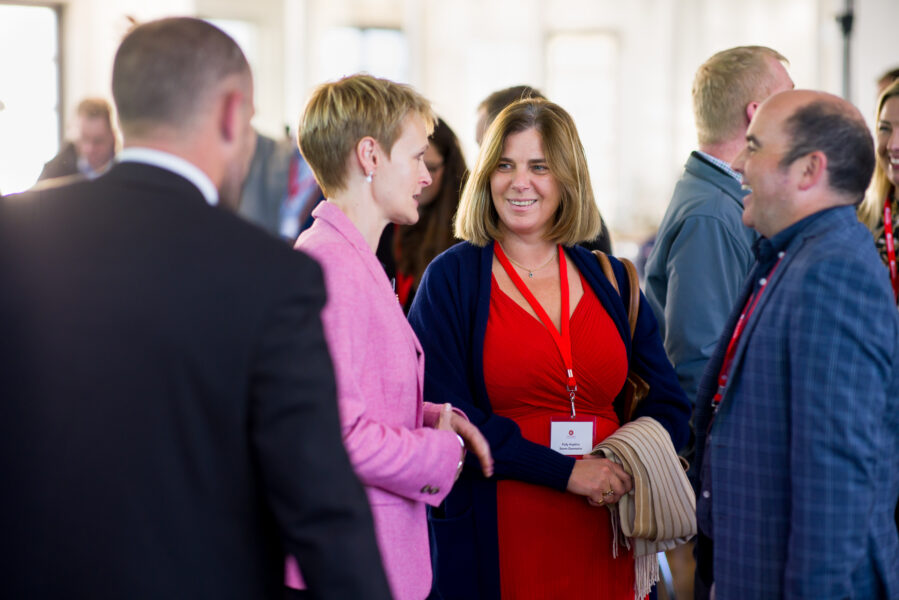
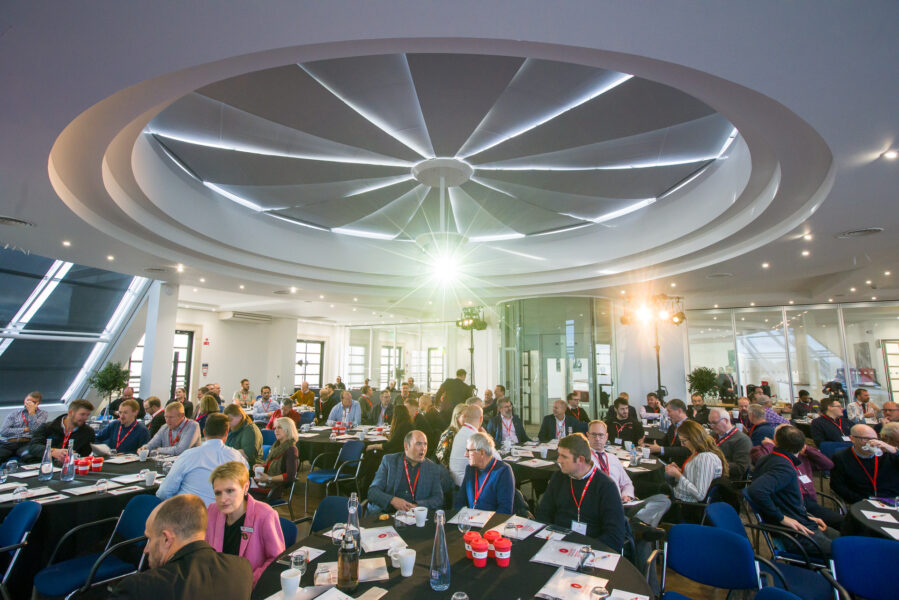
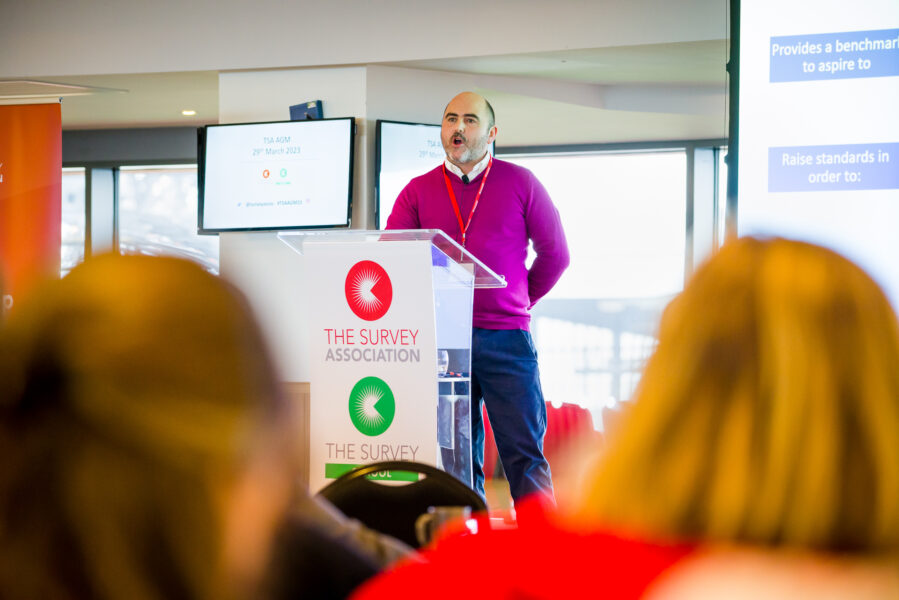
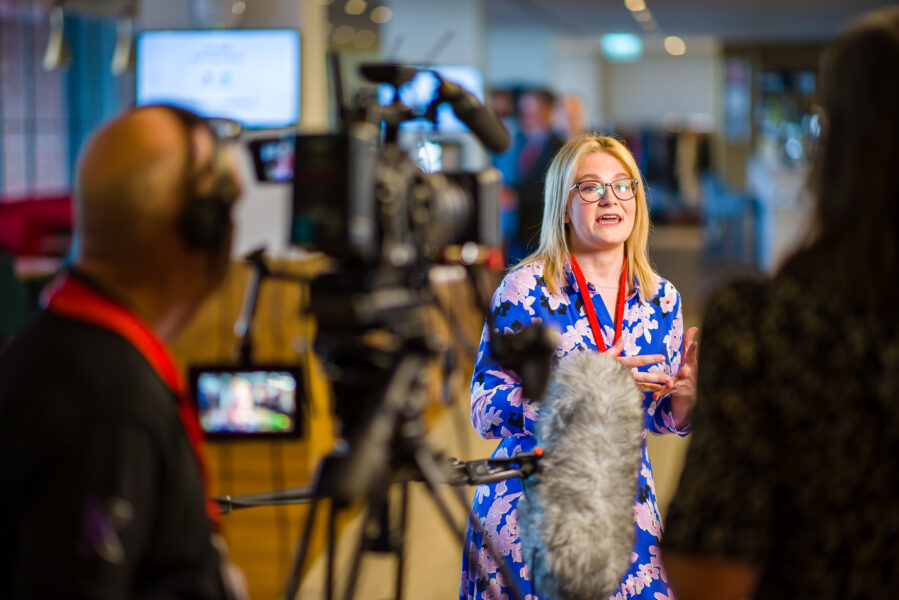
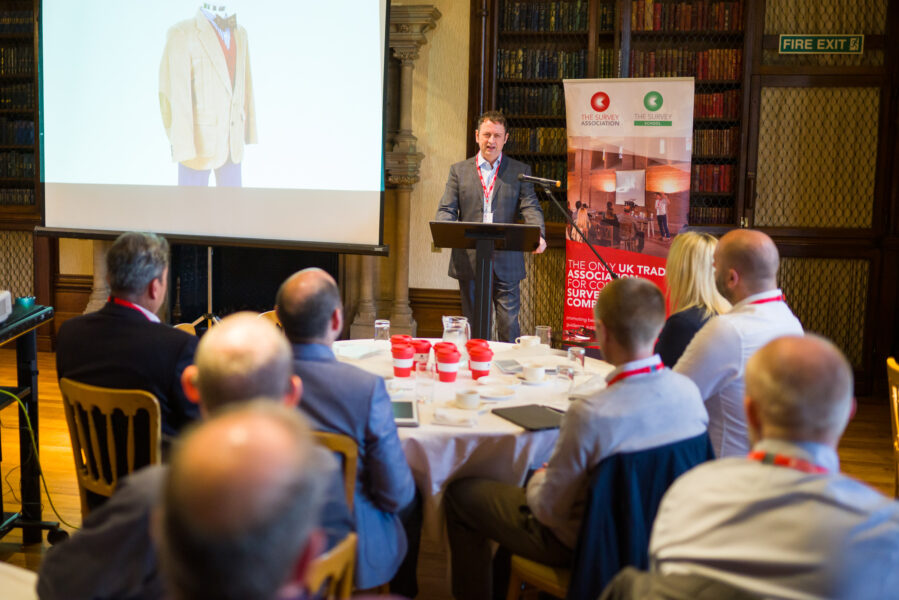
Our ethos & vision
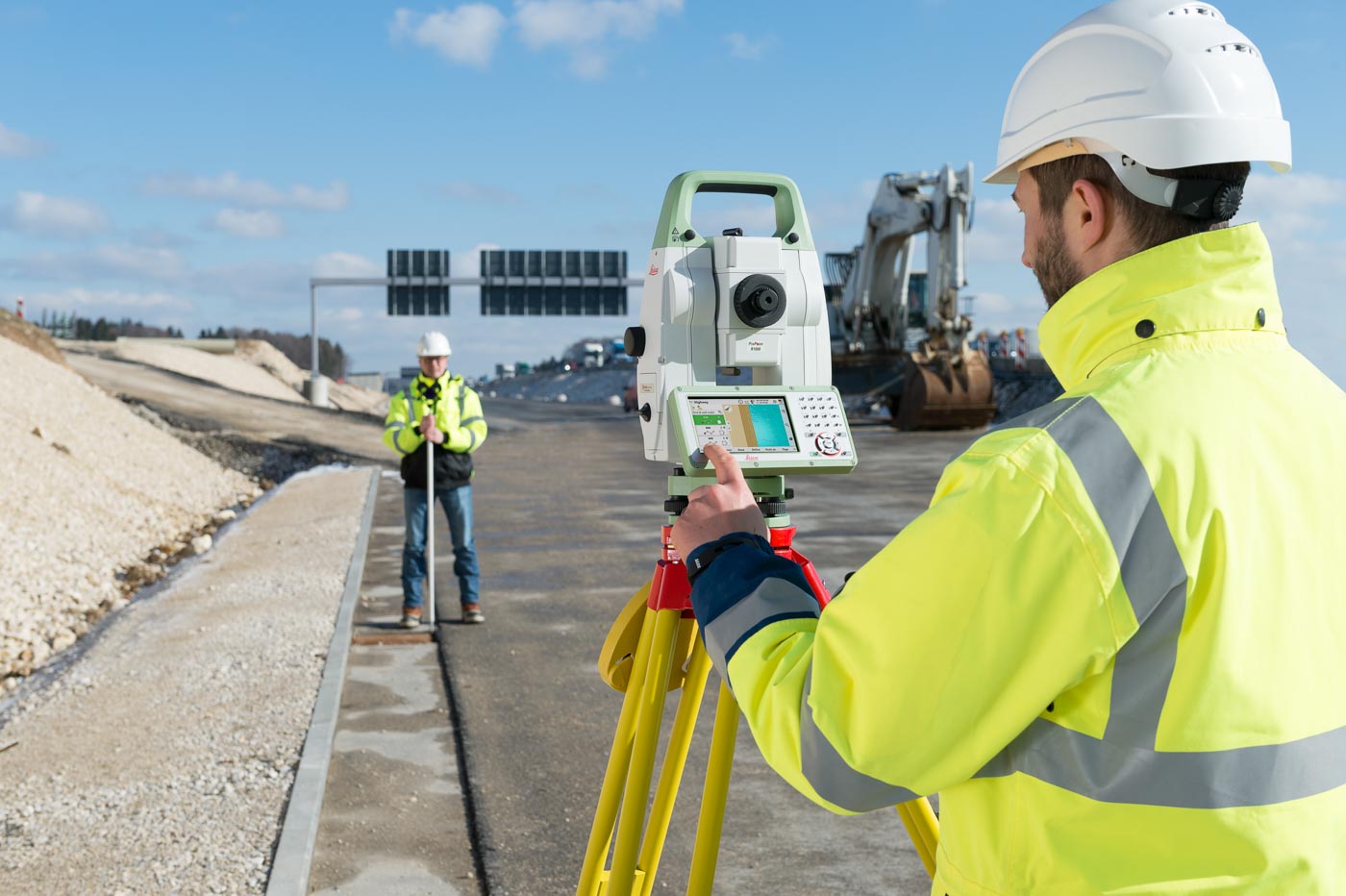

Over 200 members operating throughout the UK
Our primary role
TSA plays a crucial role in setting and maintaining industry standards for surveying practices. This helps ensure that member companies adhere to high-quality and ethical standards when conducting surveys.
TSA acts as an advocate for the surveying industry, representing the interests of its member companies to governments, regulators, and other stakeholders. It aims to influence policies and regulations that impact the surveying sector positively.
The association promotes ongoing professional development within the industry by organising training programs, workshops, and seminars. This helps members stay updated with the latest technologies, techniques, and best practices.
TSA facilitates knowledge sharing among its members. It provides a platform for surveying professionals to exchange information, share experiences, and collaborate on research and development initiatives.
The association organises events, conferences, and meetings that allow members to network with each other, potential clients, and industry experts. These networking opportunities can lead to business partnerships and new opportunities for member companies.
TSA works to raise awareness about the importance and value of surveying services in various sectors, including construction, engineering, infrastructure development, and environmental management.
TSA collaborates with other related organisations, both within the UK and internationally, to address common challenges and advance the surveying profession collectively.
Useful to know
TSA is also involved in lobbying Government departments when appropriate and other agencies such as the Environment Agency regarding policies likely to affect or involve the survey profession.
TSA meets regularly with RICS and CICES on a range of issues and has established a group called the SLG, or Survey Liaison Group. This body convenes at regular intervals to examine matters of mutual interest and to ensure that there is little or no duplication of effort by the three bodies. Representatives from the Geospatial Commission also regularly join SLG meetings.
